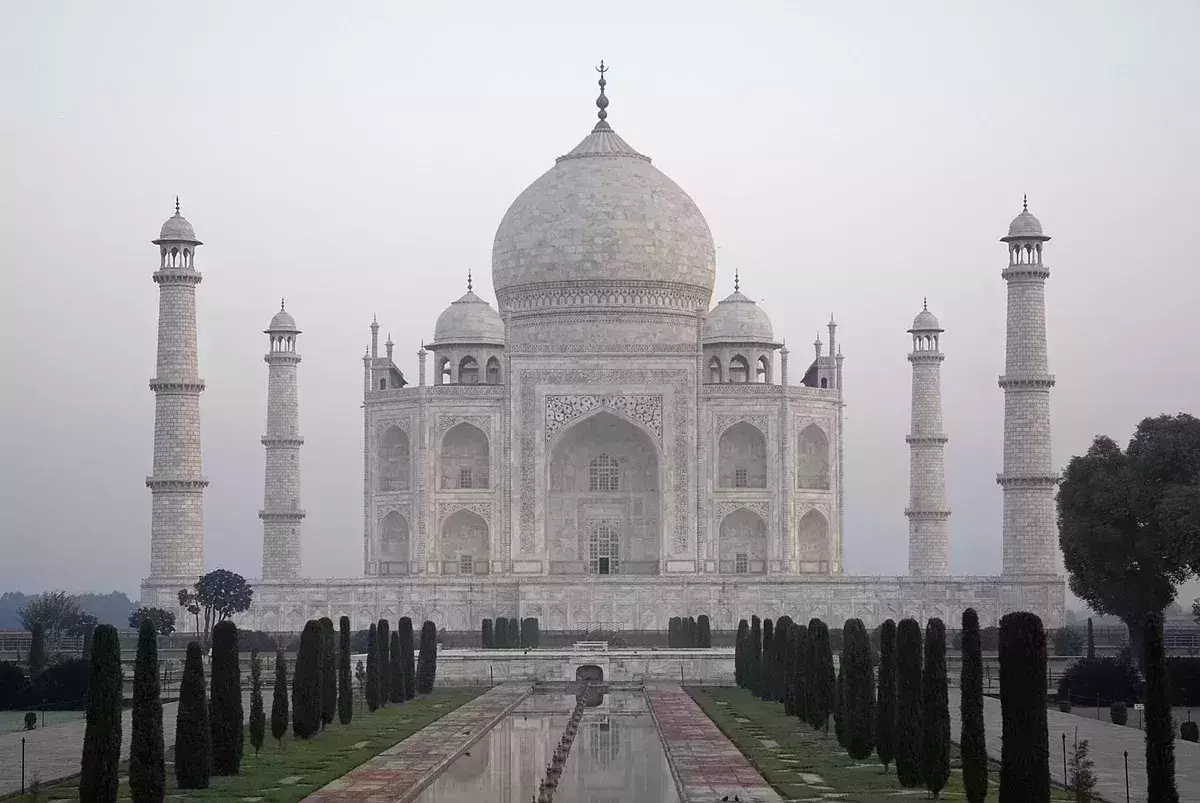
Taj Mahal case is publicity interest, not public interest, says Supreme Court
text_fieldsNew Delhi: The Supreme Court on Friday dismissed the plea seeking a fact-finding inquiry into the history of the Taj Mahal and the "opening of 22 rooms". The bench called the plea a "publicity interest litigation."
Several Hindu right-wing outfits have been claiming the Mughal-era monument was a temple of Lord Shiva. The mausoleum is protected by the Archaeological Survey of India (ASI).
The plea also sought to set aside certain provisions of the Ancient and Historical Monuments and Archaeological Sites and Remains (Declaration of National Importance) Act, 1951 and the Ancient Monuments and Archaeological Sites and Remains Act, 1958. Mughal-era monuments like the Taj Mahal, Fatehpur Sikri, the Agra Fort, and Itimad-ud-Daulah's tomb were declared historical monuments under these acts.
The Allahabad High Court had already dismissed the plea and SC justices M R Shah and M M Sundresh refused to interfere with the decision. "The high court was not in error in dismissing the petition, which is more of a publicity interest litigation. Dismissed," said the bench.
Petitioner media in-charge of the Bharatiya Janata Party's (BJP) Ayodhya unit Rajneesh Singh failed to point out which of his legal or constitutional rights were being infringed, said the high court. The court pointed out that the PIL was filed in a "casual" manner and it could not pass an order under Article 226 of the Constitution in the matter. Article 226 empowers high courts to issue orders or writs to any person or authority to enforce fundamental rights.























